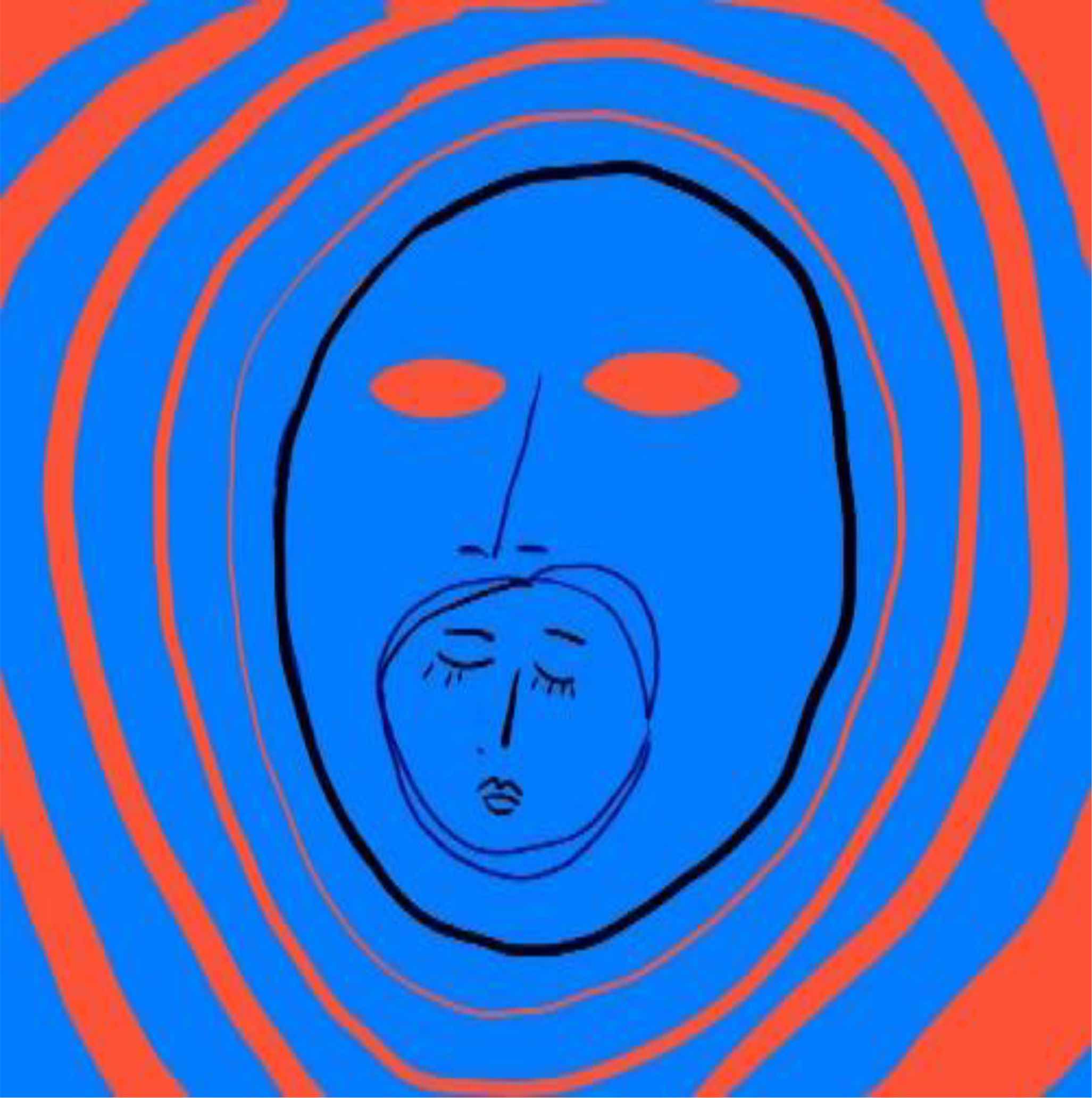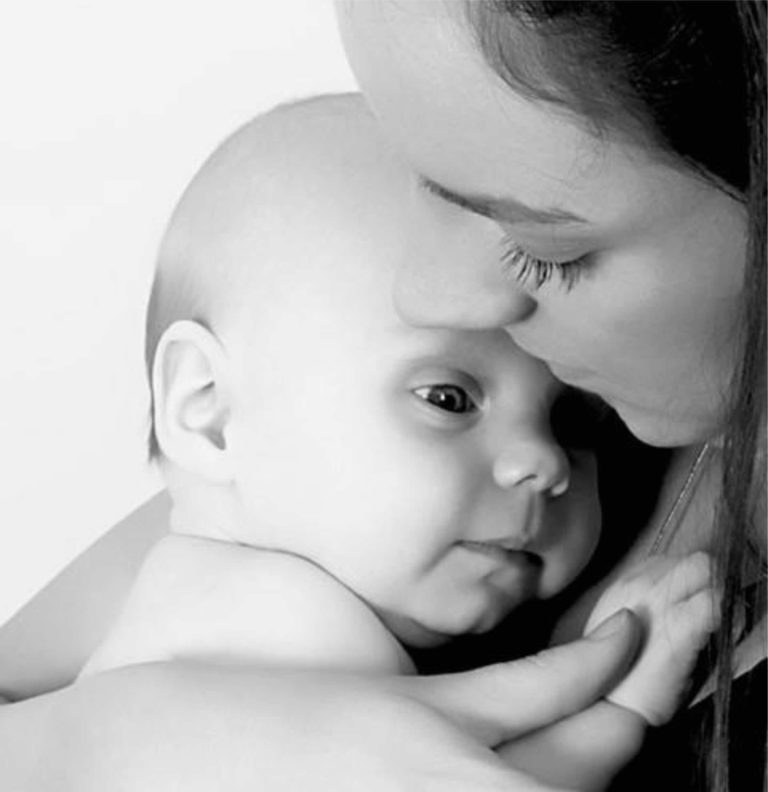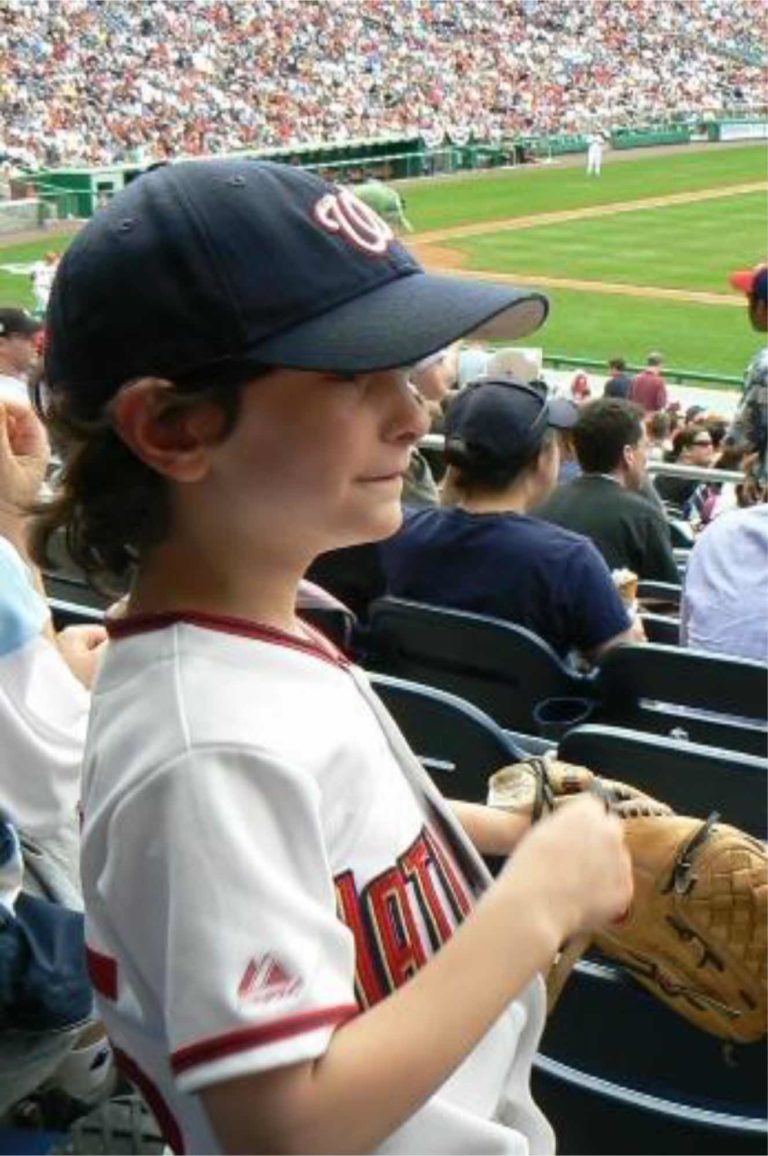Migration in biology is linked to geographic displacement in the service of survival, in which there is an advantage to be gained; life is protected, the survival of the species and the individual is the goal.
However, viewed clinically, the human experience of moving from one culture to another, seems to register unconsciously as being in exile, becoming a refugee. The fact that it can be a conscious decision not forced by external circumstances, such as wars or natural disasters, does not seem to protect us from the loss of the very sources of our internal picture of life.
Losing one’s mother tongue is the most symbolic representation of that loss. It is not by chance that we talk about the mother tongue. It is within the context of learning language that psychic development takes place. The acquisition of language is part of the package that leads to the establishment of one’s identity and of the capacity to build vital relationships. It is a “total situation” in which culture– sensory input, the “music” of language and daily life, the visual, the smell and taste of food , the sports, etc.– become part of our inner world where everything that pertains to our sense of identity is stored along with the experience of sharing all that with others to whom one does not need to explain any of it.
While the immigrant lives on in a new culture, the original self, vibrantly alive in its original cultural environment, retreats into hibernation. Immigrants, having put into hibernation one part of their inner world that allows them to know themselves, could be thought of as “undead.” This is never fully worked through.



